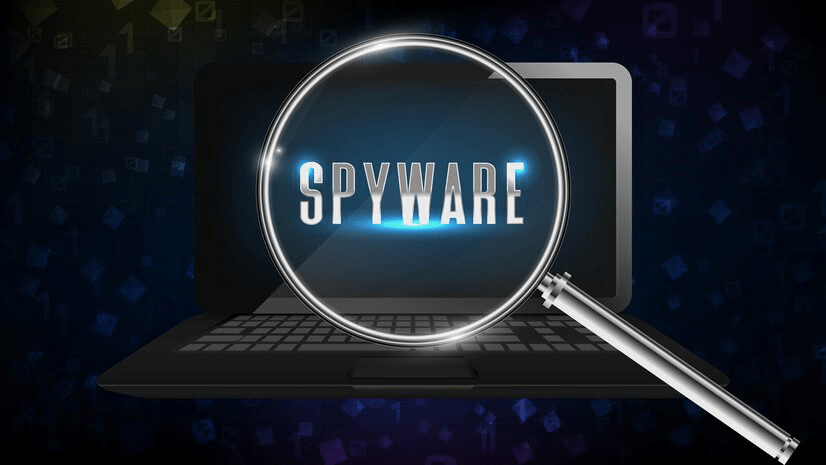Viruses attacks have recently led to heightened IT insecurity concerns. Cyber attackers utilize viruses to steal critical data and information from the most unsuspecting internet users. Hackers spread viruses in various ways, one common way being through links. Therefore, it is safe to say that it pays to scan a link for viruses before clicking on it. The links are often sent to you through emails or messages. Once you click on them, you are redirected to a malicious website, or the virus automatically downloads into your computer.
It is possible to examine links for viruses without clicking on them. All you need are the best link checkers, which will scan through a virus and bring you a positive or negative result.
Scanning a Link for Viruses
The first step in checking for the safety of a link is to plug the link into a link checker. Link checkers are online tools that are not paid for and can examine any security problems associated with a link. The link checker alerts you on whether the link will take you to an unsafe website, or has ransomware, malware, or additional security risks.
A link checker is essential in ensuring maximum browsing safety. This article will look at seven of the best link checkers available online.

Best Link Checkers That Will Help Guard Your Computer, Data, And Funds
URLs are of two types; a standard length URL and a shortened URL. Regardless of the length of a URL, if it is not safe in whatever way, best link checkers should notify you of such.
Compromised links can redirect you to malicious websites or to ransomware or malware, and a link checker must immediately highlight this for you. The following secure link checkers will help you uncover dodgy links.
1. Norton SafeWeb
Norton SafeWeb originates from Norton, the online safety giant providing antivirus and antimalware. SafeWeb functions by evaluating any links to determine its security problems. Moreover, Norton SafeWeb summarizes all computer threats, identity fears, annoyance elements, and evidence for ecommerce safety authentication of a website. The summary is essential in guarding personal and financial data when you purchase goods and services on a website.
2. Google Transparency Report
Google can scan billions of URLs in a single day to identify insecure websites by leveraging their Safe Browsing technology. The transparency Report Service provides a standard area where you type in the URL that is of concern to you. It takes seconds for you to get results, usually captured by Google's web crawlers, which alert you whether the site is trustworthy or not.
3. URLVoid
The URLVoid aids in detecting possible malicious websites. It gauges the reputation of a website and website safety and spots any fraud or malice in a link. Furthermore, URLVoid can tell whether a website has participated in a malware or phishing occurrence.
To perform a scan, just plug in the suspicious URL and wait as the site filters the links through an excess of 30 prohibited engines plus online website repute services.
4. VirusTotal
It is a URL checker that examines doubtful files plus URLs to spot forms of malware. Using VirusTotal is easy as it only requires you to visit the site and paste the copied URL, and search. It provides instant search outcomes and can examine the safety of a link in the android and windows applications.
5. PhishTank
PhishTank is a phishing link software that communicates to you the safety of a link or whether a link is likely to redirect you to a phishing site. PhishTank will provide instant results if the link you suspect to be malicious is in its database. However, the absence of the link in PhishTank's database will prompt it to produce a tracking number.
6. PSafe dfndr lab
The dfndr lab scan tool by PSafe is simple to use and aids in scanning a link for safety through one click. Without clicking on the link, you copy the suspicious link from your email, instant messaging, or website into the search tool and click on Check URL to obtain scan results.
Unlike the other link scanners, the PSafe dfndr lab scanning tool uses machine learning to identify possible unsafe URLs. If the scan finds the suspicious link in the dfndr lab database, PSafe will tell you whether the link is secure or not. If not found in the dfndr database, the site encourages you to be careful.
Conclusion
There is a need to exercise caution when navigating through links online to avoid falling victim to virus attacks. The best you can do is scan a link before clicking on it. Utilize the various link checkers available online for maximum browsing safety.





